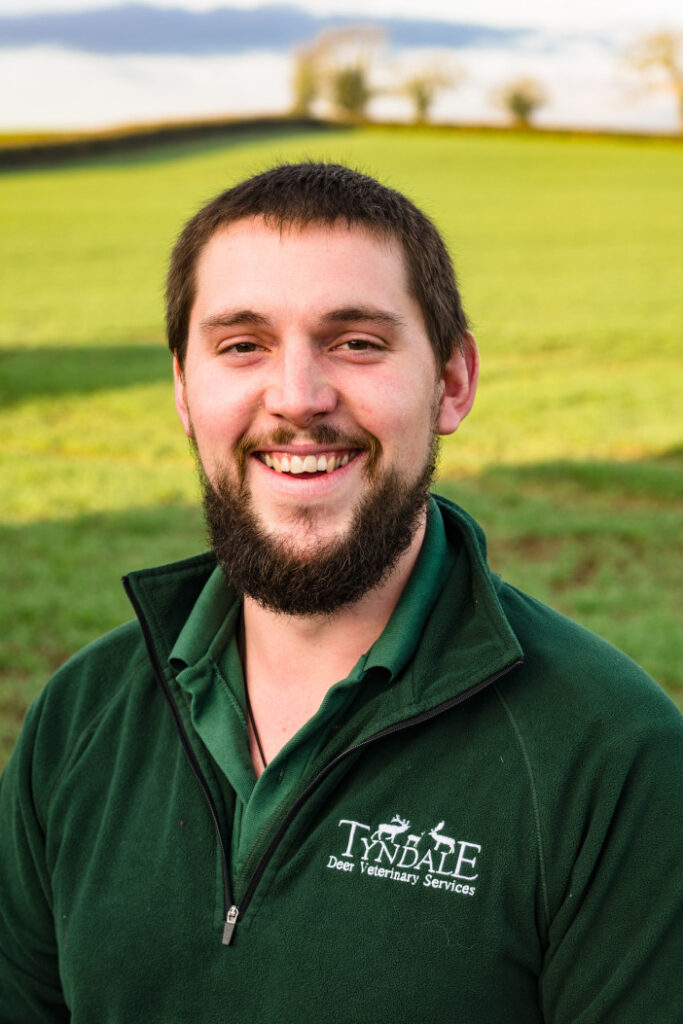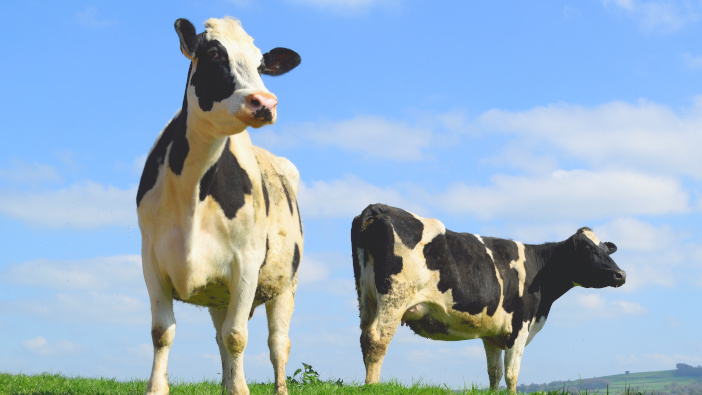Farmers and farm workers are being urged to attend a free event on Monday the 25th of March, which will highlight the signs of TB and offer practical advice to reduce the risk of the disease.
It is taking place at Kingsway Community Centre, at Quedgeley, from 6pm, hosted by Tyndale Vets – the only independent, farm-only practice in Gloucestershire.
In addition to learning about the disease, the event will also provide updates on national policies relating to TB and overall disease picture in the UK.
Sam Ecroyd, from Tyndale, which has a dedicated TB testing team, explained: “There are lots of practical and straightforward steps that farms can take to significantly reduce their risks of a TB outbreak, which can be devastating to them. During this event, we’ll showcase these measures, as well as helping farmers to gain a better understanding of the disease.

“We’ll also explain lots of common myths around TB including the term ‘no visible lesions’ that is commonly used on postmortem reports from cattle that have tested positive for TB. This term can cause confusion and lead farmers to think that their cattle were incorrectly identified as having TB, creating doubt about the testing procedures and the accuracy of the tests used.
“In testing for TB, we measure the response of the cows’ immune system to exposure to the TB bacteria. Given that the immune response is measurable relatively soon after infection, it is possible that reactors are being identified very early in the disease process, when the TB may only be circulating in the blood stream and hasn’t had time to make any lesions. It is also possible that the disease process has developed further and lesions may be present, but these can be in low numbers or very small, potentially even microscopic and undetectable to the human eye. Taking into account the size of the animal when searching for these tiny lesions, it is not surprising that sometimes no lesions are visible to the person inspecting the carcase.
“The accuracy of scientific tests are measured in two ways. Firstly, the specificity of a test is its ability to identify an individual who does not have a disease as negative. The higher the specificity, the lower the probability of incorrectly classifying an uninfected animal as infected, or a false positive result. Secondly, the sensitivity of a test is its ability to identify an individual that has a disease as positive. A highly sensitive test means that there are few false negative results, and thus fewer cases of disease are missed.
“The skin test we use is very specific, or 99.96% at standard interpretation, meaning that the probability of a false positive reactor is roughly 1 in every 5000 uninfected cattle tested. This means that we can be confident that the majority of animals that test positive on a skin test are infected with TB.”
Finally, Sam added: “One of the biggest issues with TB is that it can spread to neighbouring farms and herds, so ideally every farm needs to implement the same precautions, which we’ll highlight during this event, to prevent it spreading. We’re therefore inviting as many farmers as possible to attend because it could make a big difference to both their businesses and their herds.”
Those wanting to attend can email reception@tyndale.co.uk, call 01453 511311, or visit shop.tyndalevets.co.uk


